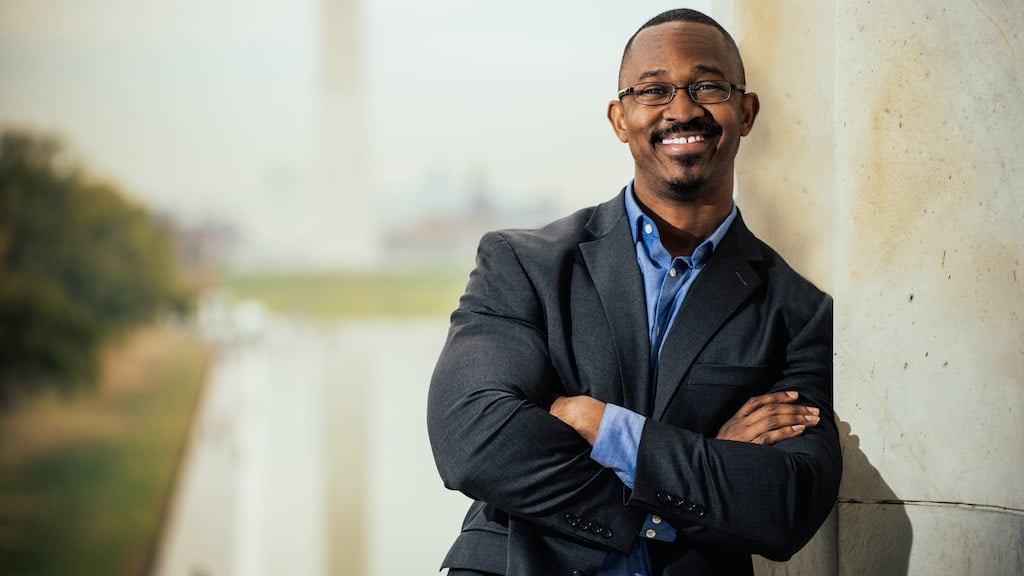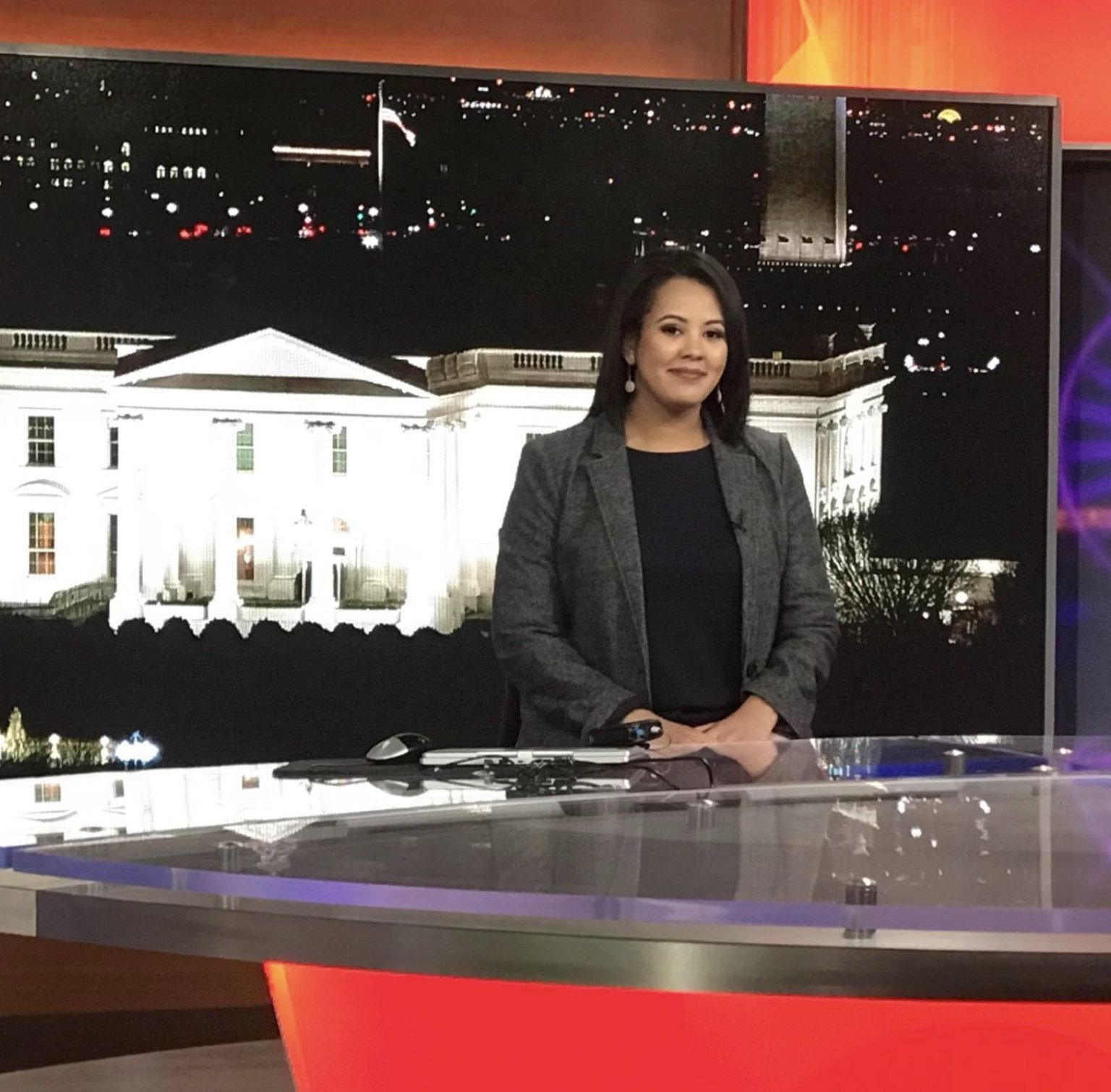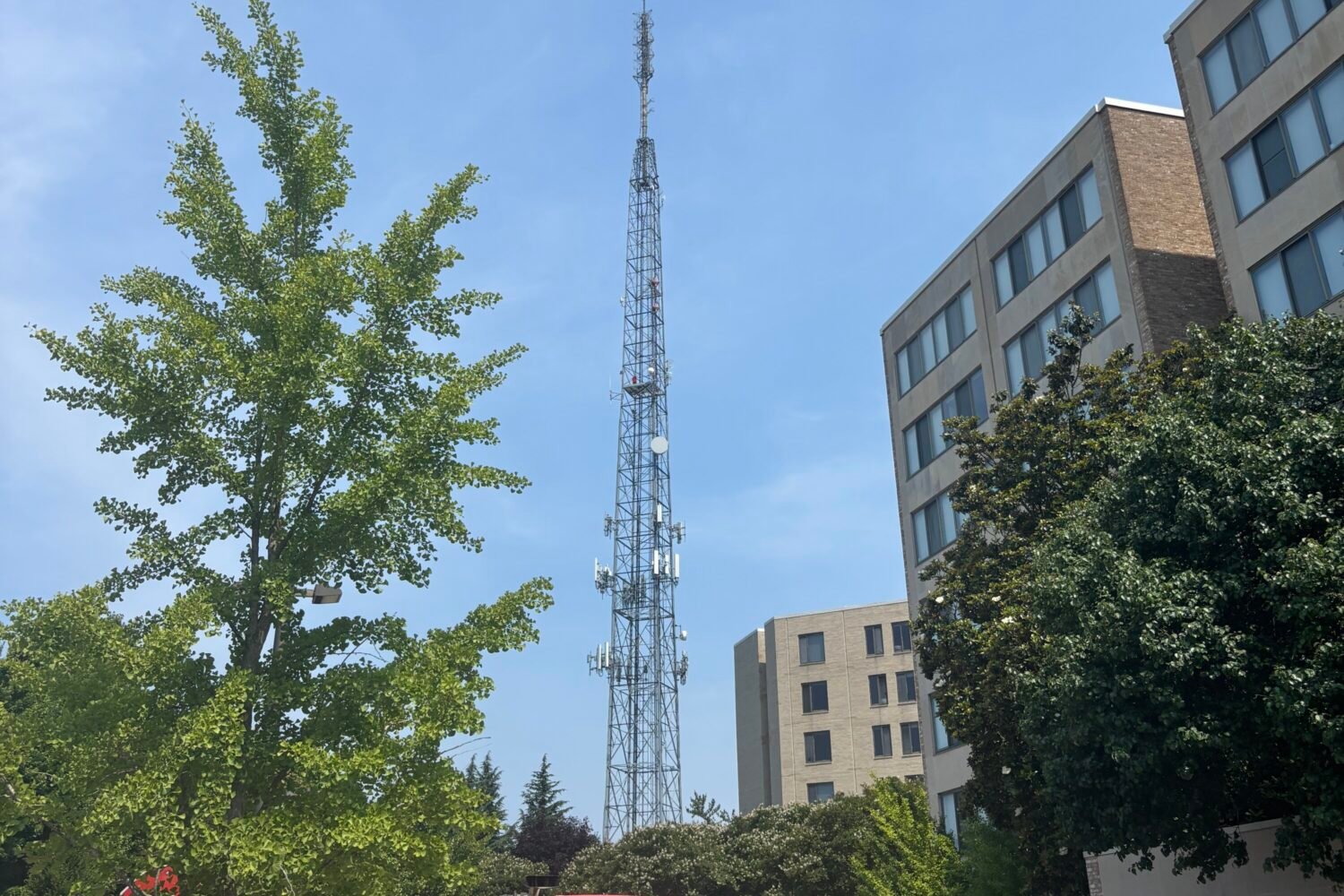WAMU‘s programming is about get less Washington-focused. Thanks to a $750,000 grant from the Corporation for Public Broadcasting, NPR’s American University outpost will collaborate with local stations across the country on a project called “1A Across America.” Over the next two years, stations in Minnesota, Kansas, Michigan, Alabama, Texas and Colorado will work with the DC-based station to highlight “underreported local issues and points of view through on-air discussions, interviews, field reporting and live events.” The effort is an extension of the station’s nationally distributed 1A radio program, which is hosted by Joshua Johnson. Washingtonian spoke to the program’s executive producer Rupert Allman to find out just how much this new influx of cash will change the radio waves.
What does WAMU hope to accomplish with 1A across America?
We’re a new program and we think it’s an amazing shot in the arm for a new program to have this kind of investment from CPB. It’s entirely new for us. What we want to get out of it is pretty ambitious. The reason why we decided to launch this program is because an election campaign should be a conversation with the entire country. The national media doesn’t consciously not have that, but because of the way the Electoral College works it means that disproportionately certain parts of the country receive overwhelming amounts of attention and other parts of the country don’t. Now, there are understandable reasons for that but it does skew coverage so we made a determined effort to look at interesting parts of the country that have important stories to tell and can contribute to hopefully better understanding the mood of the country. That’s the reason for having this run for the next couple of years. It doesn’t entirely preclude swing states, but you’ll know at those places that we are partnering with and they won’t necessarily be at the top of people’s lists when it comes to those political spot hots.
Do you think there’s some truth to the notion of the “Beltway Bubble,” and is 1A Across America combatting that idea?
I think that’s entirely fair. I think it’s very easy to try and stereotype parts of the country undergoing remarkable demographic and economic change. And almost sometimes the very last people to hear about it are the people stuck in Washington, DC. So, we’re pretty open-minded and excited about what we will find out on this journey because we’re prepared to be surprised and perhaps have an understanding of the parts of the country, the communities that are living there, the dynamics and the issues that are exorcising people in those parts of the world that we need to better understand. We’re grateful, too, that we have these wonderful newsrooms with these NPR stations who can help us report this story out.
So, logistically, how is this going to work? Is there going to be any travel involved?
Not so much. We’re trying to get away from the idea of just parachuting into a place. We’ve promised to all our partners that we’ll be visiting at least twice in the next two years, but the point is rather than think that when we want to talk about the water issue we go to Flint—because that’s known about—we, instead, want to be surprised, we want to know for example where else in the country water issues exist but rarely receive similar attention because the national media always go to Flint. In that way, we’re trying to both surprise ourselves but also sincerely say to these areas: “Look, you’ve all got stories to tell, you all have issues which you’re grappling with, there are commonalities I’m sure, but can we spend some time surfacing where those tensions are?” Using that, we hope, percolates the coverage that we do when it comes to understanding and conversing with the country.
What are some of the more ambitious challenges with this new project?
Everyone is enormously busy, that never changes. But anyone who has been reporting on news in the past two years knows how difficult it has been to take your eye off the shiny object. Every day something blows up, often for good reason. So what we’re trying to deliberately do with this project is to have some intent about the fact that we’re investing in journalism. While we’re not necessarily dismissing the noise and the chaos that will come out of Washington, we’re trying to stay true to the idea that we have a responsibility to report on the entire country. Our own warped perspective of what is news needs to be given a stress test. I’m hoping this project will help us do that.
If this works well, would you extend this project past the general election?
We would love that, obviously. But I think part of its DNA is that we set out with the intent that we didn’t just want to do this as a flash in the pan. We aspire to forge relationships with communities and characters and industries that will go much past [the general election]. We start building something that which over time may well change the sound of the program and NPR, which keys into the idea of how much fantastic experience is out there with the people who consume what we do every day. We’re hoping to elevate those voices in a way that hasn’t been done before.



















